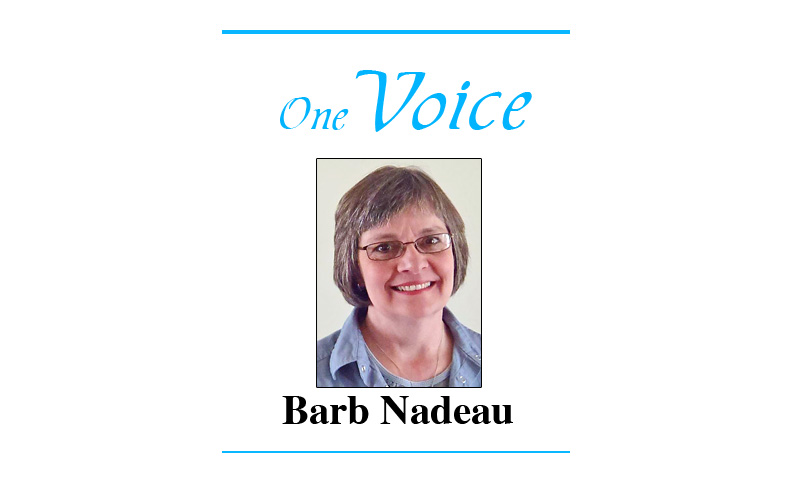
Observing a second month of COVID-19 stay-at-home orders, higher unemployment, and uncertainty in our small businesses, how will our social services agencies plan for a post-COVID-19 economy?
We all realize that the ramifications of the COVID-19 health crisis and the resulting economic recession will be felt for years to come. Some businesses will innovate and survive, others will fail, and new businesses will develop in the future as a new normal emerges.
The traditional formula for success for most social service non-profit agencies, however, those that help residents in need due to physical, mental, emotional, nutritional handicaps, and offering opportunities for youth and adults in terms of recreation, or special interests, all depend on a combination of government-funding and community assistance through fundraising campaigns.
Some of these agencies are 100% community- driven, while others rely heavily on tax dollars dedicated to certain demographic groups, such as those who receive funding through the Older American Act. In the past 20 years, non-profit agencies in Illinois have seen remarkable challenges. They have struggled with delayed budget payments and uncertainty, but they have not seen anything such as COVID-19.
Some examples include Open Door Rehabilitation Services in Sandwich which relies heavily on proceeds from their very popular annual Sandwich Fair food booth, and an annual golf outing. Fox Valley Community Services, doing business as Fox Valley Older Adults Services, relies heavily on proceeds from their restaurant service at Grandma’s Eatery at the Sandwich Fair each year, as well as their open bar adjacent to their ample parking across from the Fairgrounds. They play host to an annual gala and hope on continued support from loyal donors. The Association for Individual Development, with several Fox Valley locations, holds an annual 5KColor Run and occasional restaurant fundraisers. They sell products featuring their logo on their website, including T-shirts, phone cases, and even shower curtains.
These agencies are in partnerships with United Way, and they encourage donations through Amazon Smile purchases and donations directly to them through Amazon Wish Lists. Endowments are part of their financial picture, and the administrators hope that their organizations, will be remembered in wills through cash, real estate, or as part of trusts.
In addition, they rely on the support of community foundations through grants. Many other social service non-profits do likewise. It is worth noting though, that recently-developed COVID-19 emergency grants may affect the availability of funds for future grant cycles.
It is likely that most will have to reconsider their gala events in this coming year, in terms of social distancing and personal protection norms. They will have to look at how the buying trends are changing, and how they are perceived as stewards of their clientele, in hopes that their mission remains inspirational.
Meanwhile, it is worth looking back at the huge growth in nonprofit agency development in recent years. According to the website, 501cTRUST, “The nonprofit sector has grown by 20% over the last 10 years. In contrast, the for-profit sector has grown by about 2-3%.” They report that “many organizations are expanding and planning for future growth over the next decade.” Noting that “hiring in the nonprofit sector continues to grow and the number of staff members have increased in more than 50% of the nonprofits.” www.501ctrust.org.
The National Center for Charitable Statistics reports: “From 2005 to 2015, the number of nonprofit organizations registered with the IRS rose from 1.41 Million to 1.56 Million.” nccs.urban.org.
It may be worth asking if these new 501c3’s are recreating a response to a cause that is already being addressed? Is the addition of a new clothing collection or food drive damaging the bottom line of other more sustainable nonprofit agencies with longer histories of service? The future will decide.
Considering the many changes and challenges that we have experienced through the years, as older adults we should ask ourselves some key questions. How should we choose which nonprofit to support? Certainly, choose one that matches your personal mission. But consider how it helps the physical, emotional, mental, or spiritual health of your community. Will it be sustainable for the future? Is it true to its mission of service?
Non-profit agencies need support, and in a world where often community members are unsure of their financial stabilities, they hope you will recognize their value in your community.
Barb Nadeau is the Community Relations Manager for the Voluntary Action Center of DeKalb County. Barb has worked in television, radio, and print media, as well as in volunteer coordination and networking amongst non-profit social service agencies. She is a freelance writer and television host. Contact Barb at bvnadeau@gmail.com.

